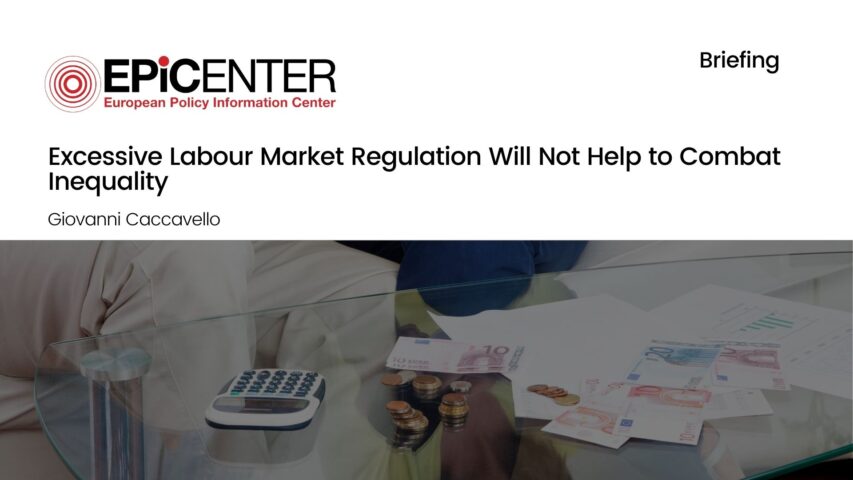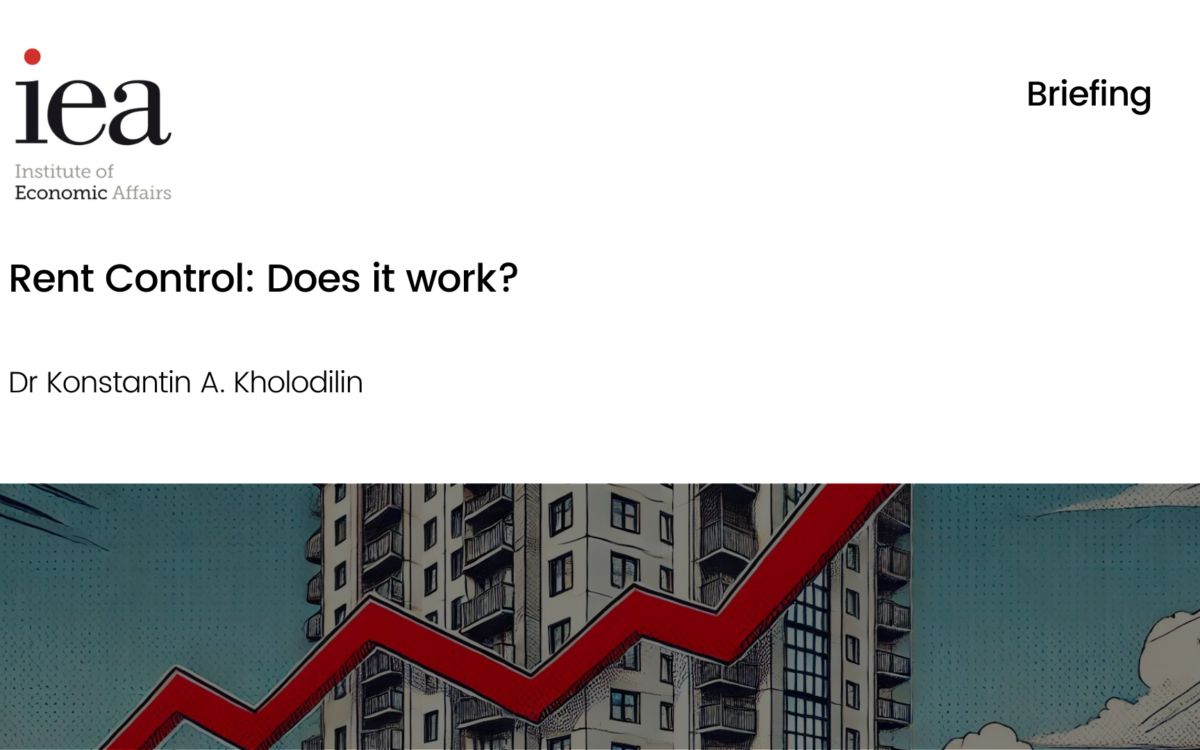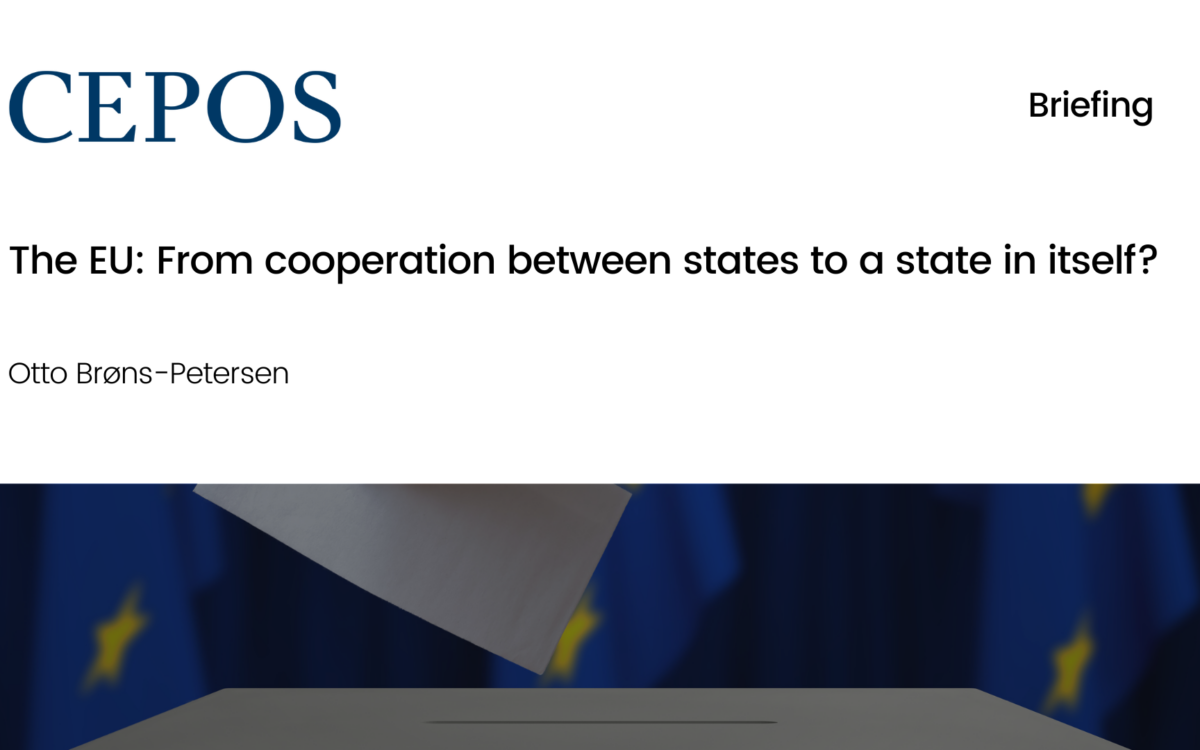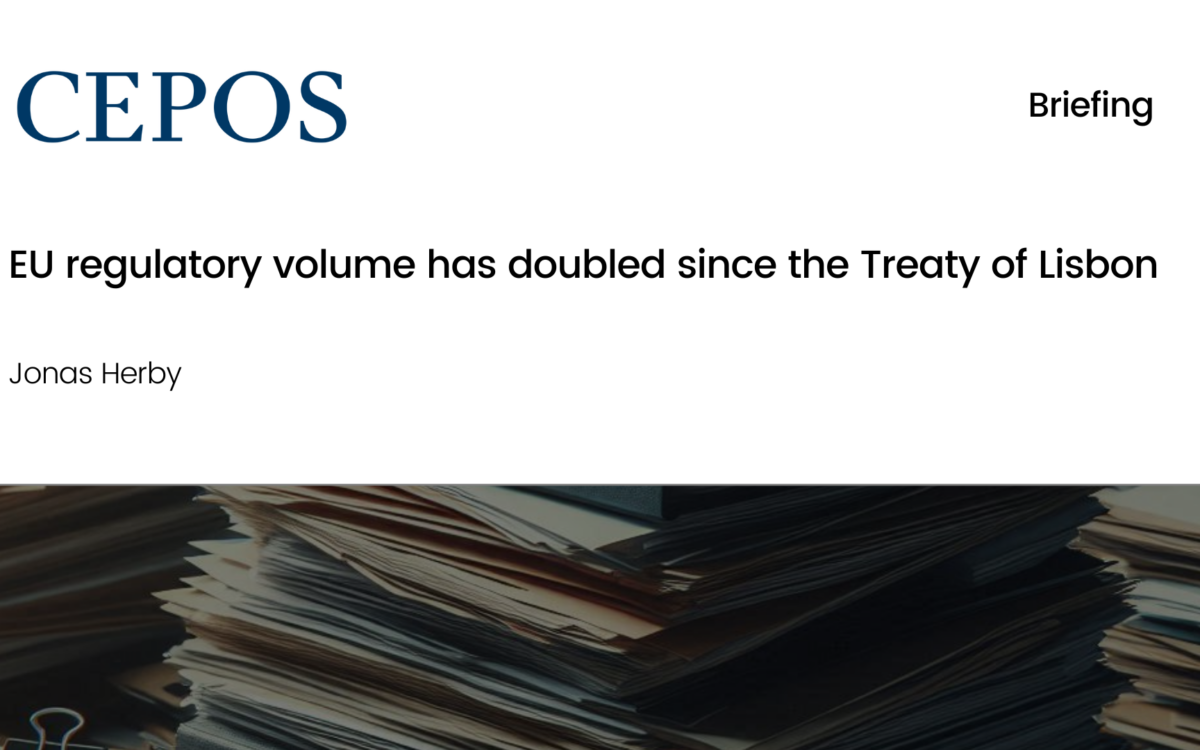Excessive Labour Market Regulation Will Not Help to Combat Inequality

Excessive Labour Market Regulation Will Not Help to Combat Inequality
August 2017
On 28 September 2017, the European Parliament Employment and Social Affairs Committee (EMPL) will vote on an initiative by Spanish MEP Javi Lopez (S&D) on combating inequalities as a lever to boost job creation and growth.
Contrary to what this initiative assumes, income inequality has remained stable in the EU since the 2008-2009 Great Recession. In several Member States, such as Austria, Belgium, France, Latvia, Poland, Portugal, the Netherlands and the UK, the Gini coefficient of disposable income decreased between 2008 and 2015.
The idea that mandatory minimum wage floors can help foster cohesion and reduce poverty is also unsupported by evidence. Increasing labour market regulation tends to act as a barrier to entry, worsens jobs prospects for the young and discourages entrepreneurship.
Download or share this publication
View the PDF
EPICENTER publications and contributions from our member think tanks are designed to promote the discussion of economic issues and the role of markets in solving economic and social problems. As with all EPICENTER publications, the views expressed here are those of the author and not EPICENTER or its member think tanks (which have no corporate view).



